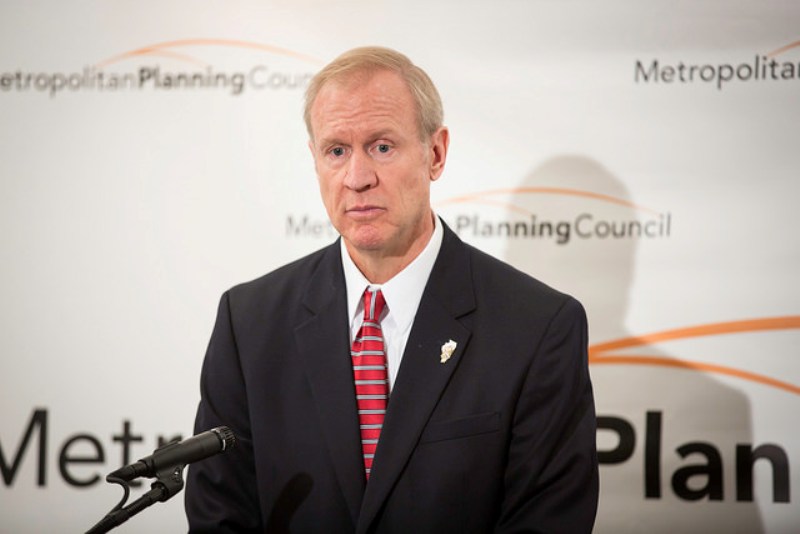
Illinois Gov. Bruce Rauner (R) sparked outrage last week by vetoing a portion of legislation designed to curb heroin abuse in the state, ultimately deciding that Medicaid should not pay for medication and treatment for addiction. However, house lawmakers fought back this week and overwhelmingly voted against his proposed changes, ultimately bringing it to the Senate for a final verdict.
The house overriding the changes was particularly telling because it was essentially a bipartisan effort, with lawmakers voting to reject Rauner’s proposal by 105-5. Rauner said the state couldn’t afford the added expense, but Republicans said they would work with him to minimize the financial blow. But Rep. Lou Lang (D) was less diplomatic, calling Rauner’s veto “penny-wise and pound foolish. Just as Illinois was ground zero for the heroin crisis, Illinois can be ground zero for the solution.”
The anti-heroin abuse bill comes at a cost of $25 million per year, but could have a significant impact on reducing the crisis. The legislation will, among other things, require police departments and firehouses to stick with opioid overdose antidotes, as well as strengthening the state’s prescription drug monitoring program. State agencies will also now have to distribute information on how to properly dispose of prescription drugs and allow counties to establish take-back programs.
But despite the high cost, Rep. Kathleen Willis said that “there is not enough money that we can spend to save people.”
However, the cost was lowered somewhat due to certain provisions in the bill being removed during negotiations. Doctors will no longer be required to take drug addiction classes to better recognize addicts and pharmacies will not have to serve as take-back sites for old or unused medications.
Heroin abuse has been on the rise throughout Illinois since 2011. There were 633 heroin overdose deaths throughout the state last year, up from 583 in 2013.
